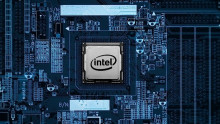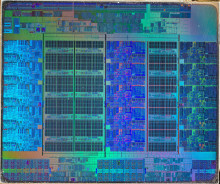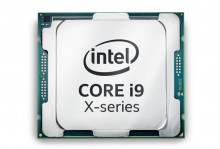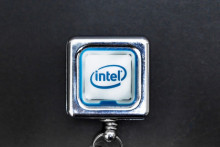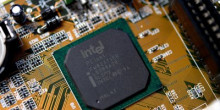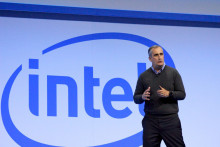Future Macs could adopt Intel's new, high-performance discrete graphics chips
Initially revealed by CEO Brian Krzanich during an analyst event in early June, Intel plans to offer its discrete GPU in just a few years, reports MarketWatch. An official Intel Twitter account confirmed the news, first by noting the 2020 target date, then by retweeting the story.
Intel's intention is to provide the discrete GPUs to enterprise and consumer markets. For enterprise, Intel wants to provide its discrete GPUs for use in data centers, powering machine learning and AI in a similar way existing GPU technology from AMD and Nvidia are used.














































